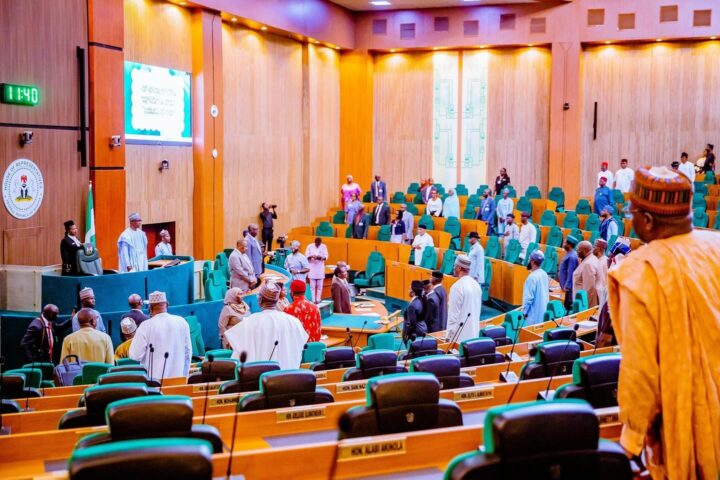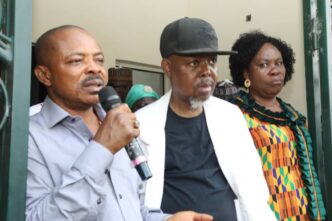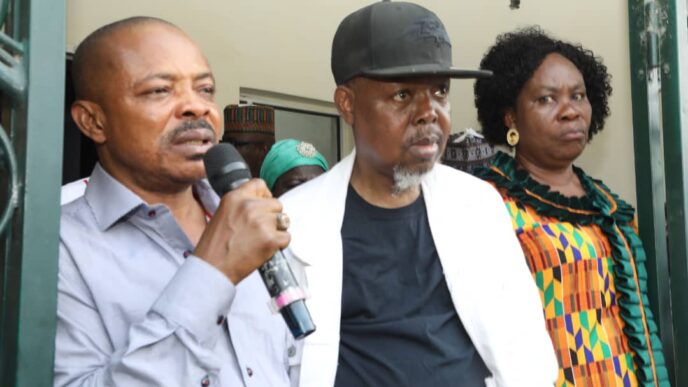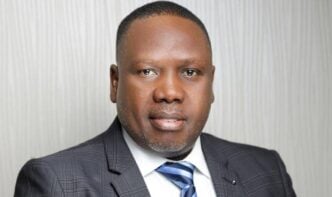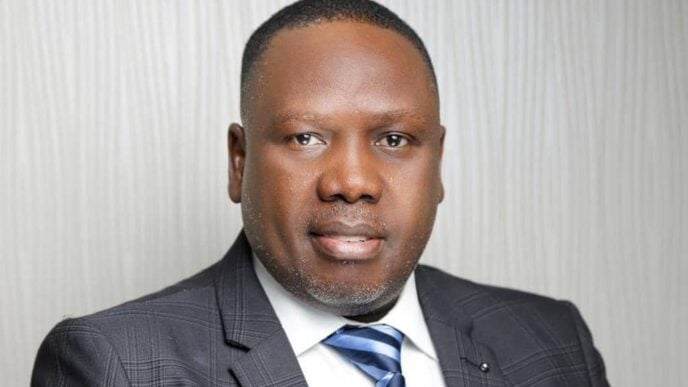House of reps
The tax reform bills proposed by President Bola Tinubu has passed the second reading at the house of representatives.
The four bills — Nigeria Tax Bill, the Tax Administration Bill, Joint Revenue Board Establishment bill, and the Nigeria Revenue Service Bill — scaled the second reading on Wednesday after an extensive debate by lawmakers.
On October 3, Tinubu urged the national assembly to pass the tax reform bills, which the senate approved for second reading in November.
THE DEBATE
Advertisement
Leading the debate on the bills on Wednesday, Julius Ihonvbere, the majority leader, said the bills are intended to overhaul the country’s outdated tax laws.
He reassured the public that the reforms would benefit ordinary Nigerians without imposing tax burdens on the poor.
Ali Isa, a senator from Gombe state, said the government’s consultations had enlightened Nigerians and stakeholders, leading to broad support for the proposed laws.
Advertisement
However, he expressed concerns about section 146 of the bill, which proposes a gradual increase in value-added tax (VAT). He warned that it could lead to higher prices for basic commodities.
Bamidele Salam, a lawmaker from Osun state, said reforms are often painful but essential for development.
He commended Tinubu for pushing the reforms, describing them as necessary to address overlapping and conflicting tax laws.
Adedeji Olajide, a lawmaker from Oyo state, said modernising Nigeria’s tax system was crucial for the country’s progress.
Advertisement
“Reforming our taxation law is the right way to go. This is what we need to move our country to the next level,” he said.
Sada Soli from Katsina state raised concerns about ambiguity in parts of the Tax Administration Bill, particularly on VAT derivation.
However, Babajimi Benson from Lagos state disagreed, saying the issue of derivation had already been addressed through proposals by the governors.
“I don’t think anybody has any misgivings about that anymore,” he said.
Advertisement
Nnolim Nnaji from Enugu expressed concerns about how the funds generated by taxes would be utilised. He said the taxes should be used for social amenities that will benefit Nigerians.
Ademorin Kuye from Lagos highlighted the importance of supporting the reforms to make Nigeria globally competitive, while George Ozodinobi from Anambra state praised the president’s courage in pushing the bills despite opposition.
Advertisement
SUPPORT GROWS DESPITE INITIAL OPPOSITION
Kingsley Chinda, the minority leader, acknowledged that the alleged ambiguities in the bill would be clarified at the committee stage.
Advertisement
James Faleke, chairman of the finance committee, said the introduction of the bills initially triggered strong resistance.
He commended Tajudeen Abbas, speaker of the house, for his leadership in ensuring wide consultations, which helped to gain broader support.
Advertisement
Faleke added that all the issues raised by the lawmakers would be addressed.
The bills were passed unanimously through a voice vote and referred to the committee on finance for further legislative work.
The bills initially faced opposition from the National Economic Council (NEC) and northern governors, who argued that the proposed laws could harm the region’s interests.
They urged the national assembly to reject the bills, demanding fair and equitable implementation across all regions.
However, in January, the Nigeria Governors’ Forum (NGF) endorsed the bills after agreeing on an “equitable” VAT-sharing formula.
Add a comment
